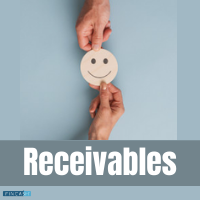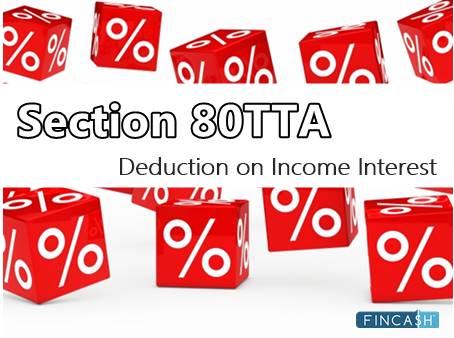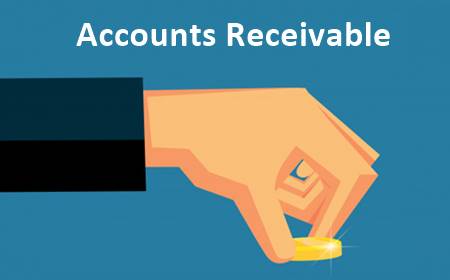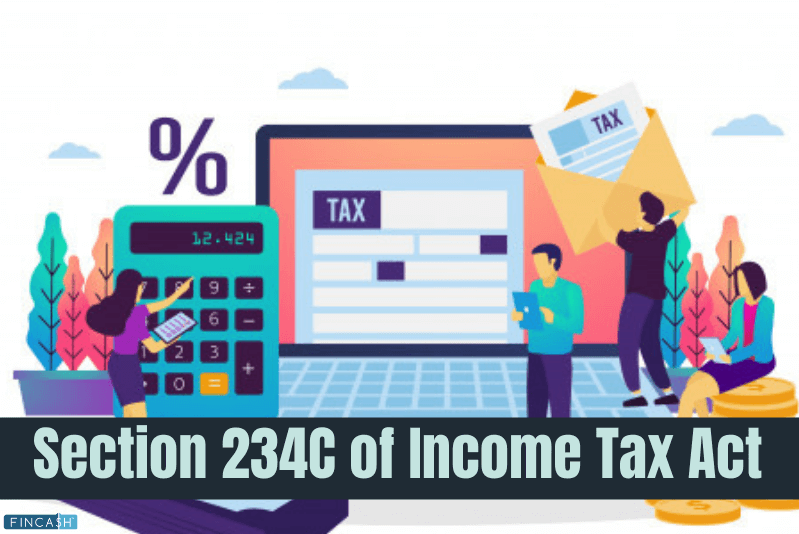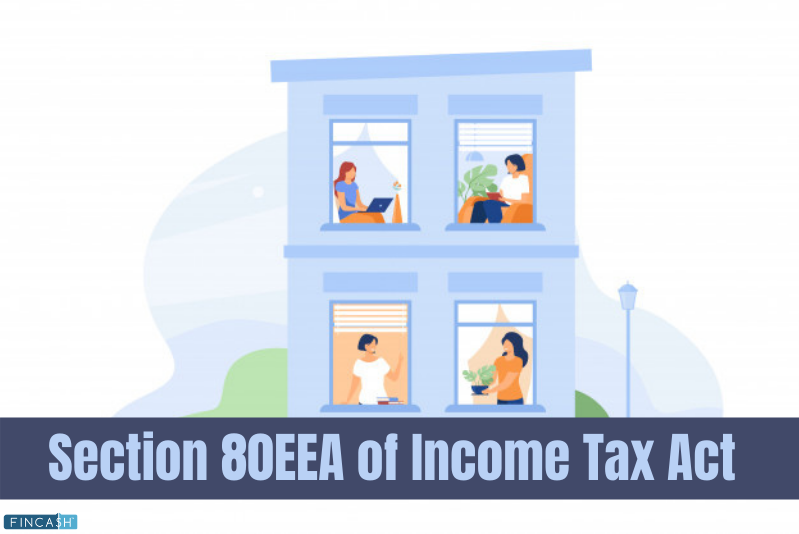Section 80RRB - Deduction on Royalty Received on the Patent
The world is developing because of innovators and creators who bring out transformation in the developmental sphere. Every day newer technologies are becoming a norm. People are experiencing a dynamic change with their creative freedom with the coming of the Internet and social media. Since everything, including the original and unique work, is available a tap away, patents become important to save the rights to innovation.
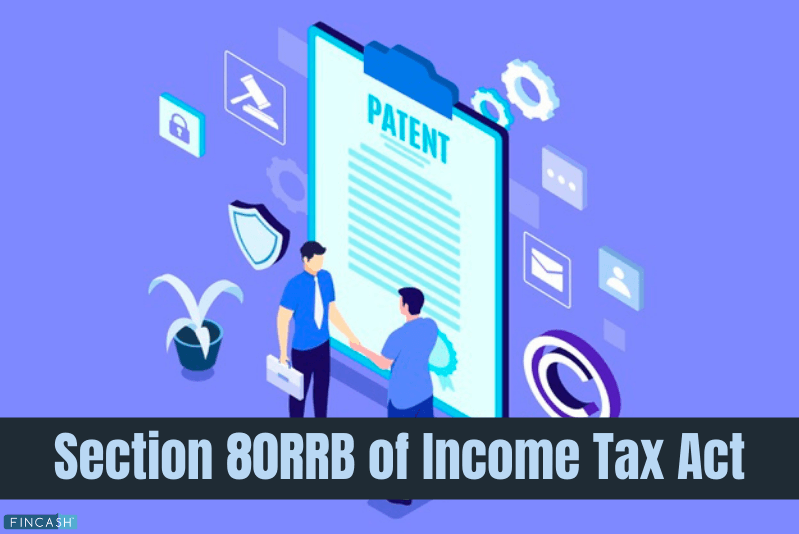
Patents are a boon to all the innovators, creators and artists who bring out work that one may never have imagined before. It helps them safeguard their creative space thereby propelling them to do much more. However, like every other form of Income, royalty received on the patent is also taxable under the income tax Act, 1961.
If you are an innovator and are paying income tax on your royalty income, there is good news! The government has introduced Section 80RRB under the Income Tax Act as a Deduction on royalty received on the patent.
What is Section 80RRB?
Section 80RRB of the Income Tax Act is based on deduction given to taxpayers for income from royalty on a patent. When an individual creates or innovates something original and exceptional, an exclusive right will be granted from authorities for that work. These rights will be made available for a limited period of time with the innovator. The granted right is called a patent.
Information regarding the same is mentioned in the patent application form. Innovators can earn a regular income from giving authority to others to use their patented project. The sum they receive in return is royalty.
Royalty for a patent means consideration for the following:
Transfer of all or any rights regarding a patent
Imparting information concerning the working of, use of patent
Use or patent
Providing services in connection to activities as mentioned in sub-clauses (i) to (iii)
The amount the innovators get is a fixed amount or a percentage from the sale every year till the patent right is being used. These rights could include books, inventions, music, art and much more.
Talk to our investment specialist
Amount of Deduction Under Section 80RRB
The deduction amount under Section 80RRB is
- Income earned from patent royalty
- Rs. 3 lakhs
This depends on whichever is less.
Eligibility Criteria Under Section 80RRB
Mentioned below are the eligibility criteria under Section 80RRB:
1. Residence
If you want to claim the deduction under Section 80RRB, you have to be a resident of India. hindu undivided family (HUF) or non-residents are not allowed to claim this deduction.
2. Ownership
If you wish to claim this deduction, you should be the owner or the co-owner of the patent and also hold an original patent to apply for a deduction. You cannot apply for deduction without a patent.
3. Registration
The original patent should be registered with the Patent Act, 1970.
4. Documents
You will have to present all the necessary documents to claim the deduction.
5. Income
You should be receiving royalty in respect of a patent under the Patent Act after 31st March 2003. This also includes royalty that cannot be returned. Capital gains are not considered as royalty.
6. Income Filing
You must file a return to claim the deduction.
7. Form
In order to claim this deduction, you have to fill the online Form 10CCE and get it signed by the relevant authority with the return of income.
8. Deduction
If you have already made a claim for royalty income previously under Section 80RRB, no deduction will be allowed in any other provision of the income tax act for the assessment year. You cannot avail double tax deduction for the specific year.
9. Agreement
The agreement on the amount of royalty is settled between two parties with mutual agreement. In certain cases, the government may grant a compulsory license to use the patent in lieu with the public interest. In such cases, the Controller of Patent from the government will settle the amount of royalty payable. The deduction claimed cannot be more than the settlement amount.
Royalty from Foreign Sources
Certain conditions apply to royalty received from foreign sources. They are mentioned below:
The income should be transferred to India in convertible foreign exchange
It should be transferred to India within six months from the end of the previous year when the specific income was earned. It is also subject to the period specified by the Reserve Bank of India (RBI) or such other authority as authorised.
Section 80HH and Section 80RRB
Section 80HH is a deduction based on profits and gains from newly established industrial undertakings or hotel business in backward areas. Section 80RRB is deduction given to taxpayers for income from royalty on a patent.
Conclusion
Safeguard your creative freedom and enjoy tax benefits under Section 80RRB.
All efforts have been made to ensure the information provided here is accurate. However, no guarantees are made regarding correctness of data. Please verify with scheme information document before making any investment.
